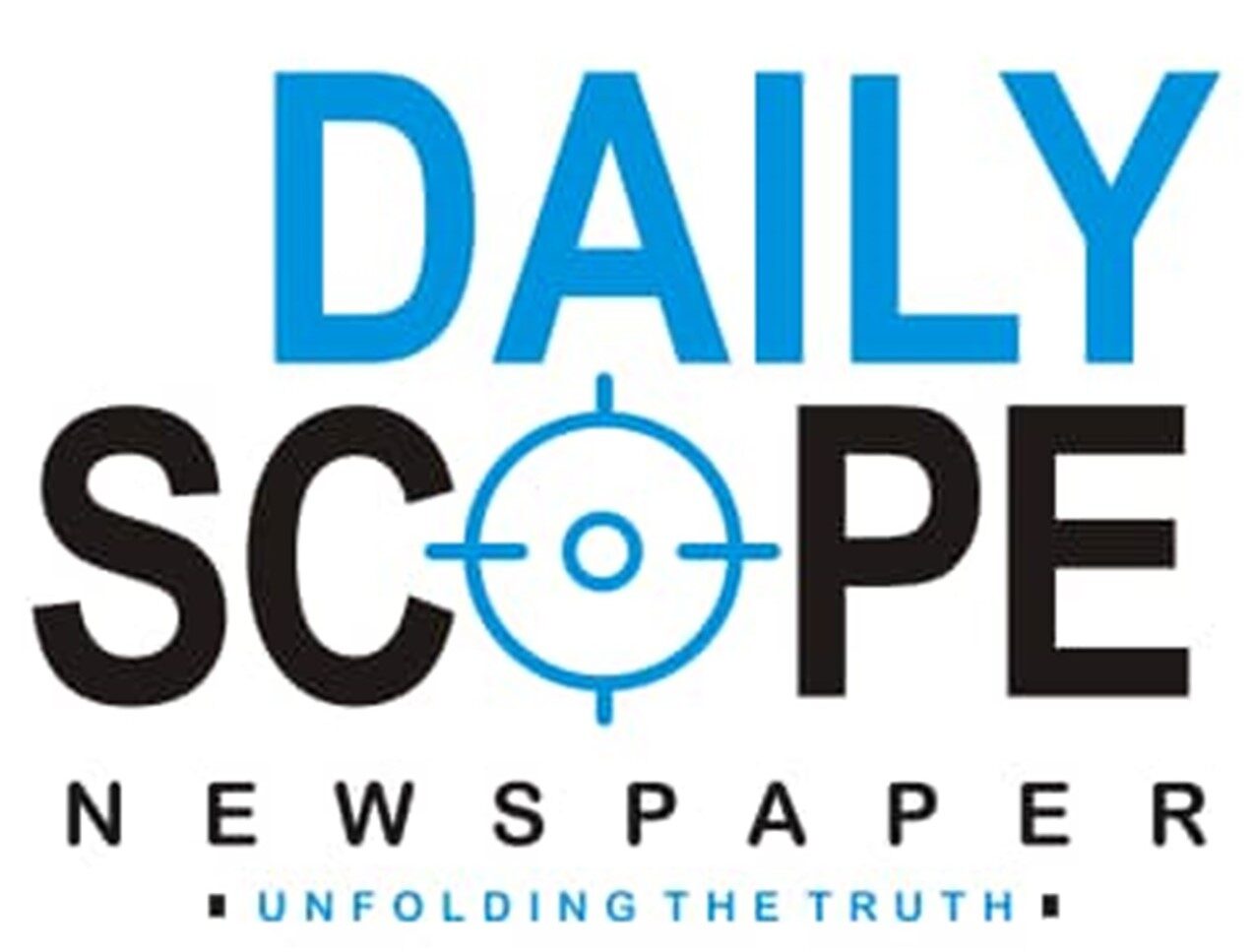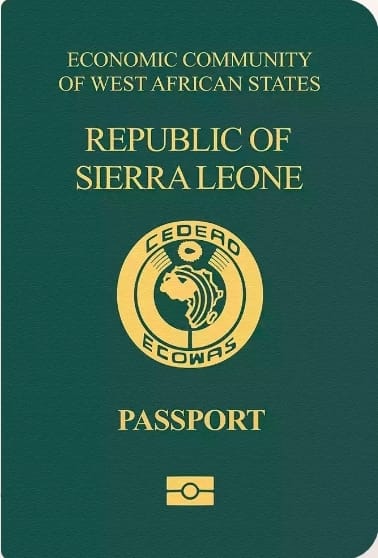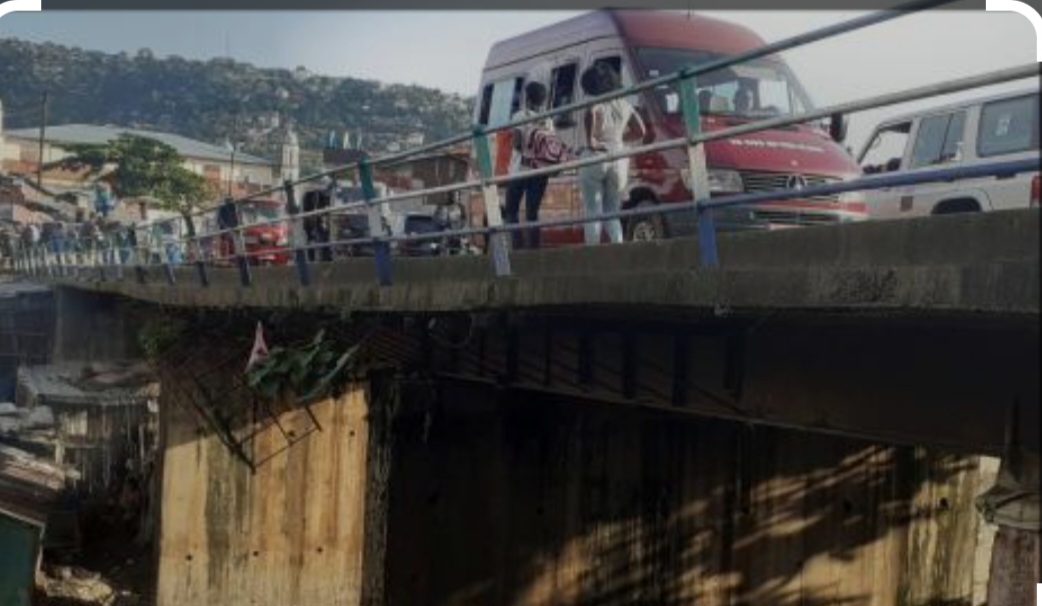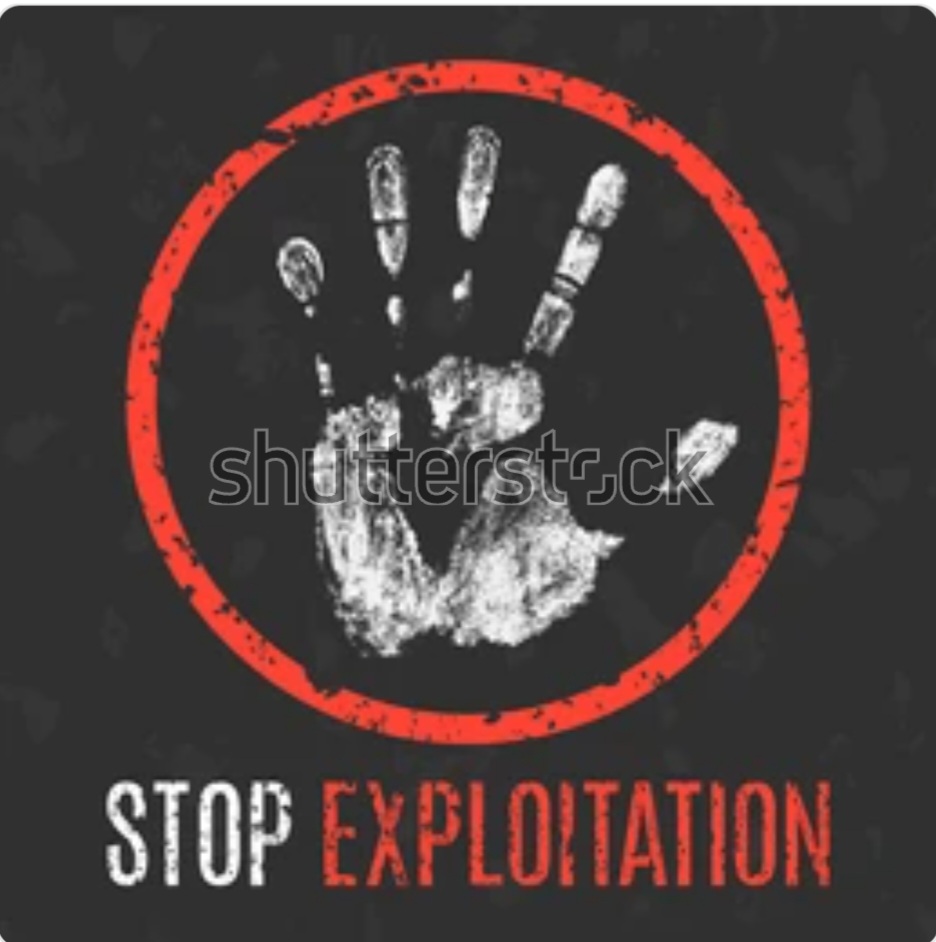By: Elizabeth A. Kaine
As Sierra Leone grapples with poverty and economic development, a seemingly trivial issue has emerged as a significant barrier to progress: the requirement for citizens to pay for passports in dollars, equivalent to 2,400 Leone ($100). However, the actual cost far exceeds this amount, as citizens are forced to pay exorbitant fees, often several times the official price, due to unofficial charges and bribes demanded by corrupt officials.
This policy perpetuates a cycle of poverty and inequality, undermining the country’s fragile economic gains. In a nation where over 60% of the population lives below the poverty line, the dollar-based fee is a daunting hurdle. For many Sierra Leoneans, the equivalent amount in Leone represents weeks or even months of hard-earned income. This financial burden falls disproportionately on low-income earners, rural communities, and marginalized groups.
The consequences are far-reaching. Without access to passports, Sierra Leoneans cannot seek better economic opportunities abroad, participate in international trade, or access essential services like healthcare and education. This perpetuates poverty and stifles economic growth, as the country’s most talented citizens are unable to contribute to the global economy.
Moreover, this policy undermines the value of the Leone, reinforcing the notion that the national currency is weak. To break this cycle of poverty and inequality, the government must reconsider its passport policy. By allowing citizens to pay in Leone and addressing unofficial charges and bribes, the government can reduce the financial burden on low-income earners and promote greater access to economic opportunities.
In conclusion, the dollar-based passport fee has created more problems than solutions, exacerbating poverty and inequality. It is time for the government to reform this policy and prioritize the needs of its people.






